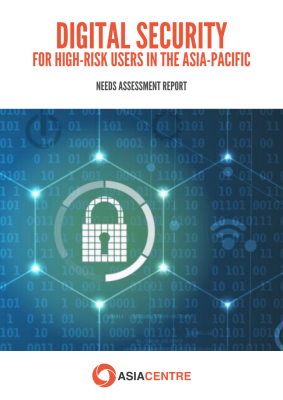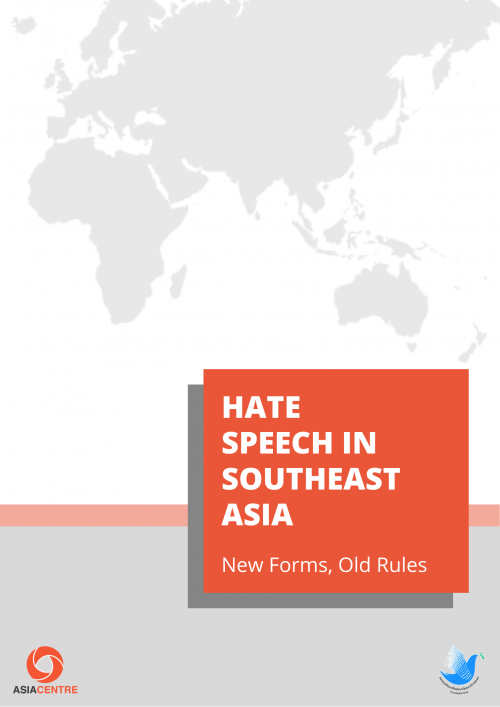
Since the mid-2000s, the internet has shaped politics in the Asia-Pacific region. As internet and social media penetration increases, the risks for those using new technologies to advocate for public accountability have also increased. In 2022, the region accounted for 31% of global cyberattacks, with governments and proxies as key perpetrators. These attacks often target governments like Taiwan and in other jurisdictions, opposition politicians, civil society organisations and rights defenders. Methods of attack include digital surveillance, hacking and disinformation campaigns. Current mitigation efforts, such as VPNs and multi-factor authentication, are insufficient; and digital security is not prioritised widely. Therefore, and against this backdrop, there is a critical need for enhanced digital security training to protect high-risk users. This report undertakes a needs assessment to identify the key elements needed to improve digital security for high-risk users in the region. The findings show that there are three main clusters of threats: legal regulation, digital surveillance and information operations. To address these threats, the report provides recommendations to strengthen digital security training, including more contextualised and region-specific training, improved monitoring systems, and adopting open-source technologies to build stronger digital defences. As new technologies evolve, periodic updates to digital security strategies and training curricula are essential to ensure continued online safety for those advocating for public accountability.



